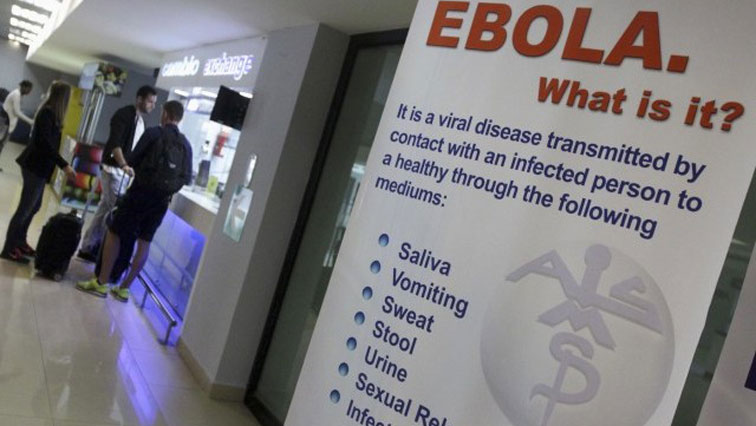The African Union (AU) has announced that the Ebola epidemic in the Democratic Republic of Congo has been largely contained.
John Nkengasong, Director of African Centers for Disease Control and Prevention, presented the recent situation of the epidemic at a press conference in Addis Ababa, capital of Ethiopia.
“On May the 8th, the government of the Democratic Republic of Congo had announced that there was an Ebola virus disease outbreak. Just for the record, this was the 9th outbreak that that country has witnessed since 1976, the year that the Ebola virus was detected. So as we speak today, there have been so far 62 cases of the Ebola virus disease detected. Of these there have been 28 deaths so far,” said Nkengasong.
He also added that the situation seems to be stabilised and there is optimism about the epidemic.
The African Centers for Disease Control and Prevention deployed on May 12 a team of 25 physicians, including epidemiologists, infection prevention and control experts and data management experts to support the government’s efforts in epidemiological surveillance, management of medical cases, laboratory diagnosis as well as communication and social mobilization.
Besides, the international community, including the World Health Organization (WHO), the United Nations (UN), the AU and China, have responded promptly to contain the epidemic.
Nkengasong believes that the joint efforts of the international community and the Ministry of Health of DR Congo will allow the country to contain the epidemic. However, the director also said that the efforts of international organizations including WHO, the AU and Doctors Without Borders (MSF) and China have been hampered by logistical challenges.
“The infections occur in remote areas in Bikoro, Iboko and other areas that are extremely difficult to access. Most of them you don’t have roads to get there, and even if you have roads, the roads are not really accessible,” he explained.
He stressed that it was important to strengthen the capacity of national health organizations in African member countries to deal with similar epidemics that might occur in the future.






